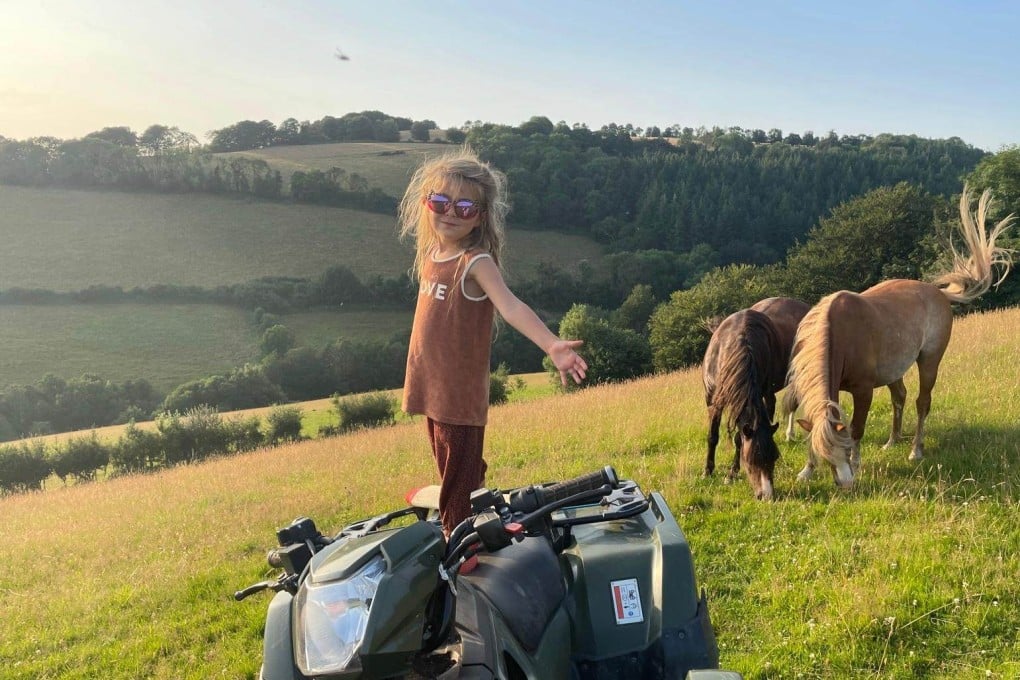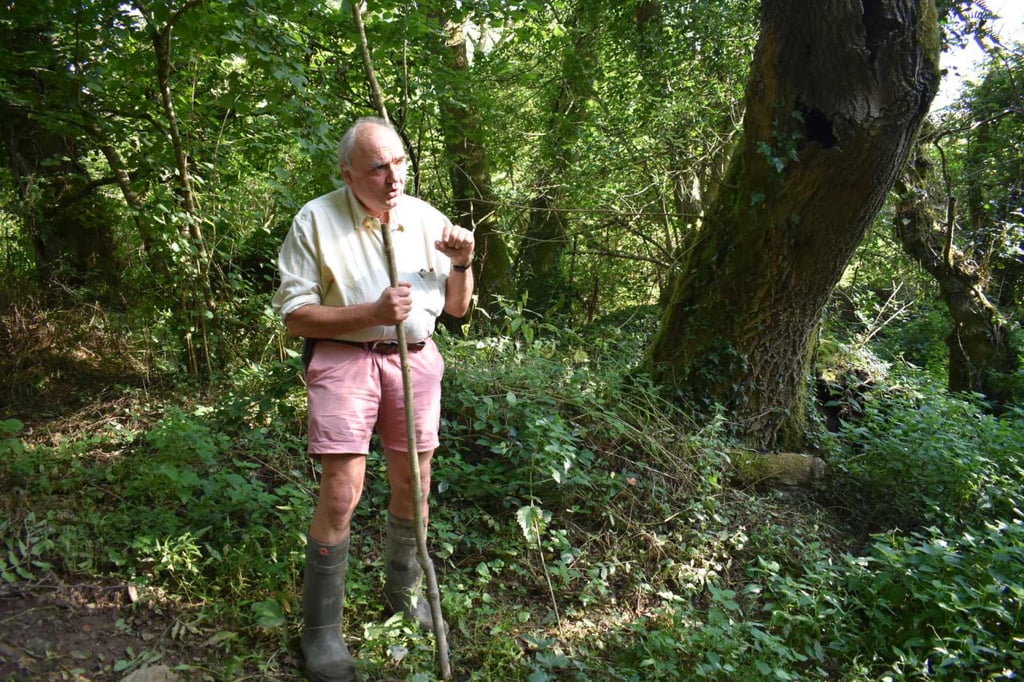Why glamping, green getaways and gourmand classes are choices for UK farmers desperate to get away from actual farming ... and earn some actual money
- As profits plummet at UK farms, some are innovating by creating unique experiences on their land
- Rewilding is opening up other opportunities as farmers restore and protect natural areas for a variety of uses

“This farm has been in my family for 61 years, we co-own it with Lloyds Bank,” jokes Chris Jones, farmer and custodian of Woodland Valley Farm, a 170-acre (69-hectare) organic property in the British county of Cornwall that he runs with his wife, Janet.
We are sitting in his hay barn, at rough-hewn tables laid with jugs of sweet apple juice, pressed the day before using apples from his orchard. Chickens in feathery pantaloons strut around our feet.
The main challenge in farming, and the reason for its precipitous decline in Britain and elsewhere, Jones believes, is that farm products are commodified and profits have decreased with the rise of industrial food companies.
Not surprisingly, many farmers have given up attempting to compete, or retired without an heir willing to take up the poisoned chalice; the median age of a farmer is 60, according to 2016 numbers from the British government’s Department for Environment, Food and Rural Affairs (Defra), and is getting steadily older.

Between 2013 and 2016, the number of agricultural workers in England fell 5 per cent, from 185,203 to 176,000, according to Defra, a reflection of the paltry money on offer and generational changes.
Worse may be yet to come. When they were a part of the European Union, British farmers were propped up by an EU subsidy that allowed many to continue their livelihoods. Every farmer in the EU receives €260 (US$298) per hectare of agricultural land. If farmers support biodiversity, this is supplemented by €115 per hectare in a greening premium.